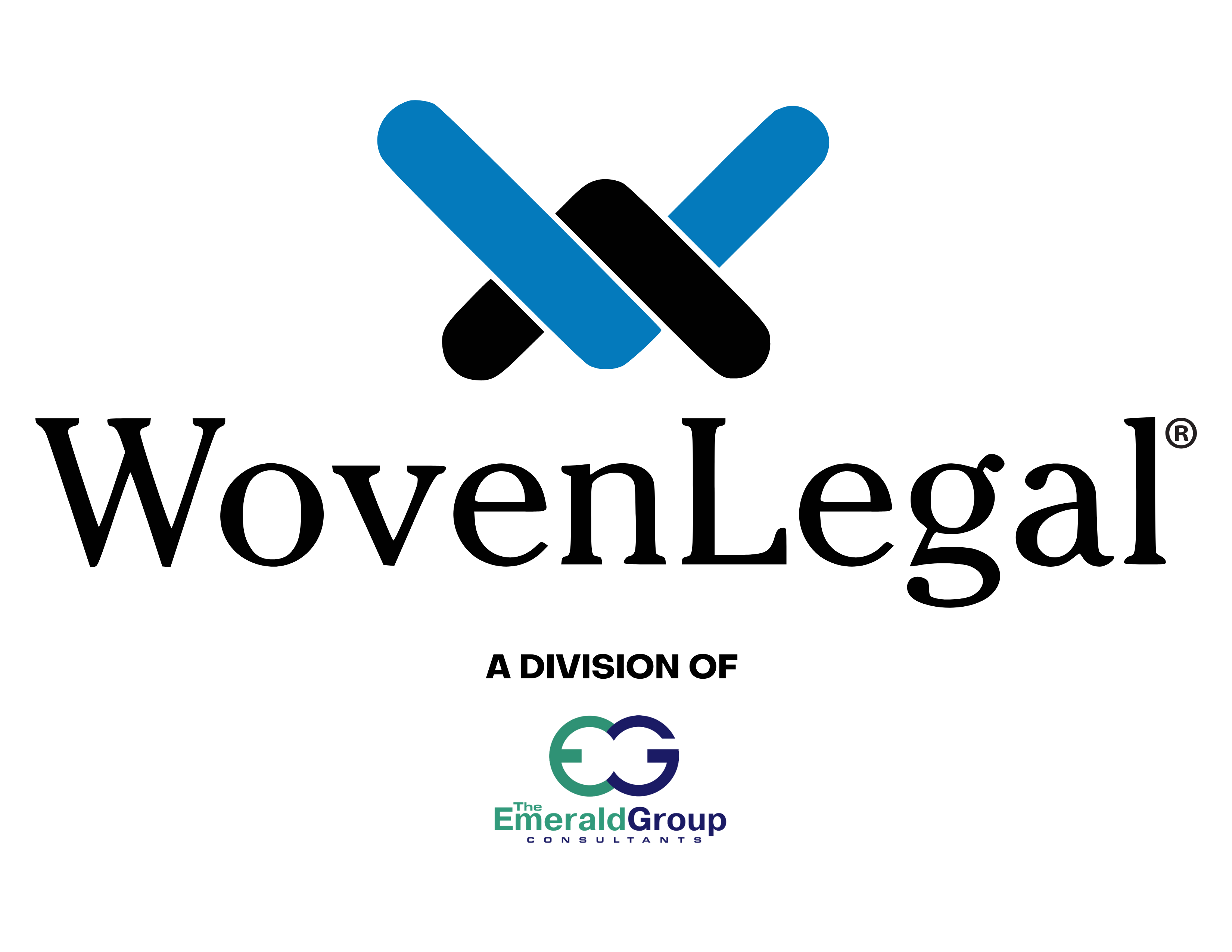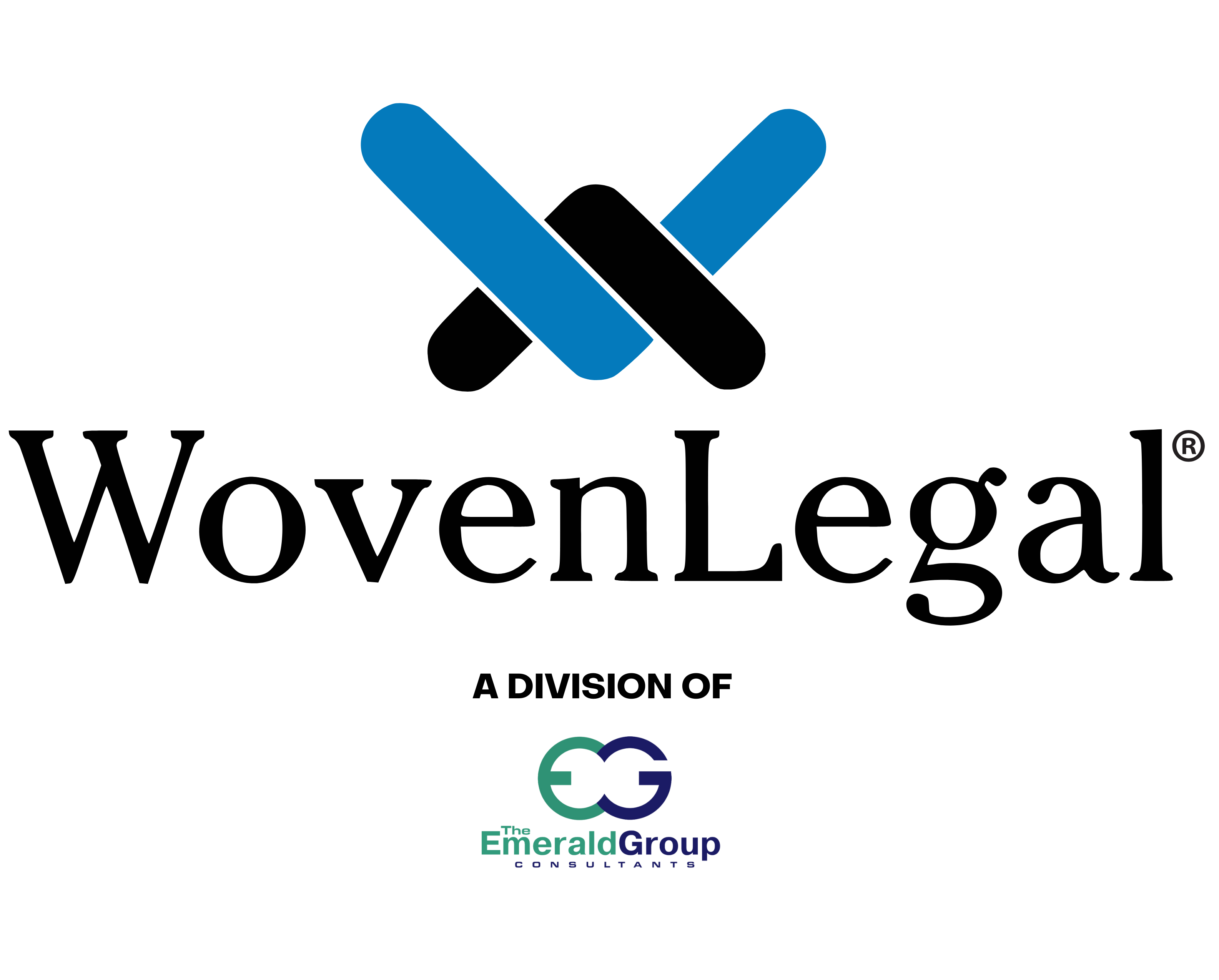It happens every day — two people connect while working closely together on a challenging project. Long hours, shared goals, and the natural rapport that develops in professional relationships can sometimes spark something more personal.
For attorneys, these situations create unique ethical considerations, especially when feelings develop between counsel and client.
As society and work cultures change, the legal profession has been evolving in turn. States, municipalities, and national associations have strengthened guidelines around professional boundaries. And along with conflicts of interest and confidentiality issues, the human element of attorney-client relationships also deserves careful consideration.
Ethical Concerns for Attorney-Client Relationships
Many attorneys entered the legal profession because they care about helping people, and that caring instinct can sometimes blur important professional lines. Every attorney understands basic ethical guidelines, but personal feelings can complicate even the clearest professional boundaries.
We have found that these guidelines help maintain clear separation.
Protect Attorney-Client Confidentiality in Personal Relationships
Consider a situation where an attorney goes out to dinner with someone who started as a client but might become something more. The conversation flows naturally, and the lines between professional insights and personal conversation blur.
In such cases, a casual dinner conversation could result in privileged information making its way to business associates. Even with careful boundaries, close relationships test established professional limits. What might feel like sharing life experiences with a partner can inadvertently cross lines that an attorney has spent years protecting.
Manage Conflicts of Interest When Personal Feelings Develop
Most attorneys hope to never find themselves negotiating hard against someone they care about. For example, during merger negotiations, an attorney with personal feelings for opposing counsel might soften their stance or second-guess aggressive but necessary strategies. Such moments raise questions about whether the lawyer can serve the client’s best interests.
These challenges involve more than just direct interactions. If an attorney dates a client, every decision they make comes under heightened scrutiny, potentially affecting both the outcome of the case and the attorney’s professional reputation.
Prioritize Professional Loyalty and Fiduciary Duty
Attorneys must be loyal to their clients, putting their best interests first. Personal relationships tend to test this commitment. For example, defense attorneys might find themselves toning down tough news or holding back forthright advice in order to maintain harmony.
However, none of these issues compare to when the relationship ends poorly. Recent ethics cases show that when personal relationships fizzle out or fall apart, even minor changes in professional diligence can significantly impact client interests.
Maintain Professional Credibility and Unbiased Judgment
Legal practice depends on clear, unbiased judgment. When personal feelings enter, maintaining that clarity becomes difficult. A business attorney reviewing a contract might miss issues they would usually spot immediately due to unintentional bias, for example.
Finally, in no industry is professional reputation more important than in the legal profession. Courts, opposing counsel, and colleagues may question decisions when personal relationships appear to influence an attorney’s professional judgment. The mere appearance of impropriety can undermine years of carefully built credibility.
Best Practices for Maintaining Professional Boundaries in Law Firms
Running a successful legal practice requires excellent legal work, but it also demands thoughtful systems and protocols to protect both attorneys and clients. To help firms maintain high ethical standards while delivering exceptional service, we’ve found the following useful.
Set Up Effective Client Communication Systems
Modern law firms benefit from clear communication protocols that protect everyone involved:
- Direct all client messages through official firm channels
- Create detailed records of key discussions and decisions
- Set specific guidelines for communications outside office hours
- Build in structural support through professional staff assistance
Remote legal support professionals can play an especially valuable role here. They provide an extra layer of professional distance while maintaining responsive client service. This balanced approach helps attorneys focus on legal work while ensuring consistent client care.
Take Action Before Professional Relationships Turn Personal
The moment personal feelings surface, we have found the following quite helpful:
- Record the date and circumstances of the realization
- Seek guidance from ethics professionals
- Develop a clear transition plan for client representation
- Keep interactions strictly professional during the transition period
Taking immediate action protects everyone’s interests and shows a commitment to professional integrity. Early intervention usually leads to smoother transitions and better outcomes for all parties.
Keep Up to Date With State Bar Guidelines on Professional Relationships
The ABA provides baseline guidance for handling attorney-client relationships, but state bars usually add specific requirements, such as:
- Court notification protocols for personal relationships
- Client approval processes for changing representation
- Documentation standards for relationship disclosure
- Confidentiality requirements during transitions
Knowing and following these jurisdiction-specific guidelines helps attorneys manage sensitive situations while maintaining their professional standing. By reviewing local requirements regularly, law firm leaders and sole practitioners can ensure continued compliance.
Building a Future-Ready Law Practice With Strong Support Systems
As a firm grows and evolves, the right support infrastructure will become increasingly important for maintaining ethical standards while delivering exceptional service.
Strengthening Law Firm Professional Support
Modern legal practices thrive when they build comprehensive support systems. We find the following useful:
- Professional ethics advisors
- Dedicated support staff
- Advanced practice management tools
- Clear communication protocols
Each element contributes to a stronger, more resilient practice where attorneys can focus on client service with confidence.
Benefits of Remote Legal Support Teams
Remote legal professionals offer particular advantages in maintaining ethical boundaries:
- Natural professional distance when dealing with clients
- Clear and proper documentation practices
- Better and more streamlined communication
- Improved efficiency in workflow
This structured approach helps prevent potential issues while ensuring responsive client service.
Creating Sustainable Practice Growth
Success in the evolving legal landscape comes from balancing professional excellence with strong operational systems. With the right combination of people and processes, attorneys gain the freedom to focus on their main purpose: delivering great legal representation.
Are you ready to enhance your firm’s professional support system? Book a discovery call to explore how Woven Legal can help strengthen your practice.
Disclaimer: This post provides general information about legal ethics and professional responsibility. For specific situations, consult your state bar association or ethics counsel.




Comments are closed